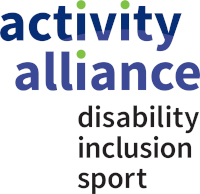Title
Exercise referral schemes and longer term motivation
Research Area
Health; Tackling Inactivity
Author
Kekäläinen, T et al; Scandinavian Journal of Medicine & Science in Sports
Summary of Findings
106 Scandinavian adults aged between 65 and 75, who were not achieving recommended physical activity levels, were selected for this study and split in to 4 different groups. All groups undertook supervised resistance training twice a week for 3 months. Following this one group, the control group, did not complete any specific training. The remaining three groups all took part in a supervised resistance training programme for a further 6 months with the number of sessions a week varying between the groups.
Participants were then asked to complete questionnaires at the 3 month and 9 month mark to measure motivation, self-efficacy, and planning.
Follow up interviews were completed 6 and 12 months after the supervised training to understand what activity the participants continued to engage in. The researchers found that the supervised training had "improved action and coping planning as well as intrinsic motivation". At the 12 month follow up interviews, 46% of participants reported they were continuing with resistance training on their own. A link between the motivation measures and continued training was recorded suggesting that if short term training programmes can impact on these factors, participants may be more likely to continue to exercise in to the future.
Implications
This suggests a wider and longer term benefit of an exercise referral scheme. Measuring similar outcomes could add value to any project or programme.
.png)













